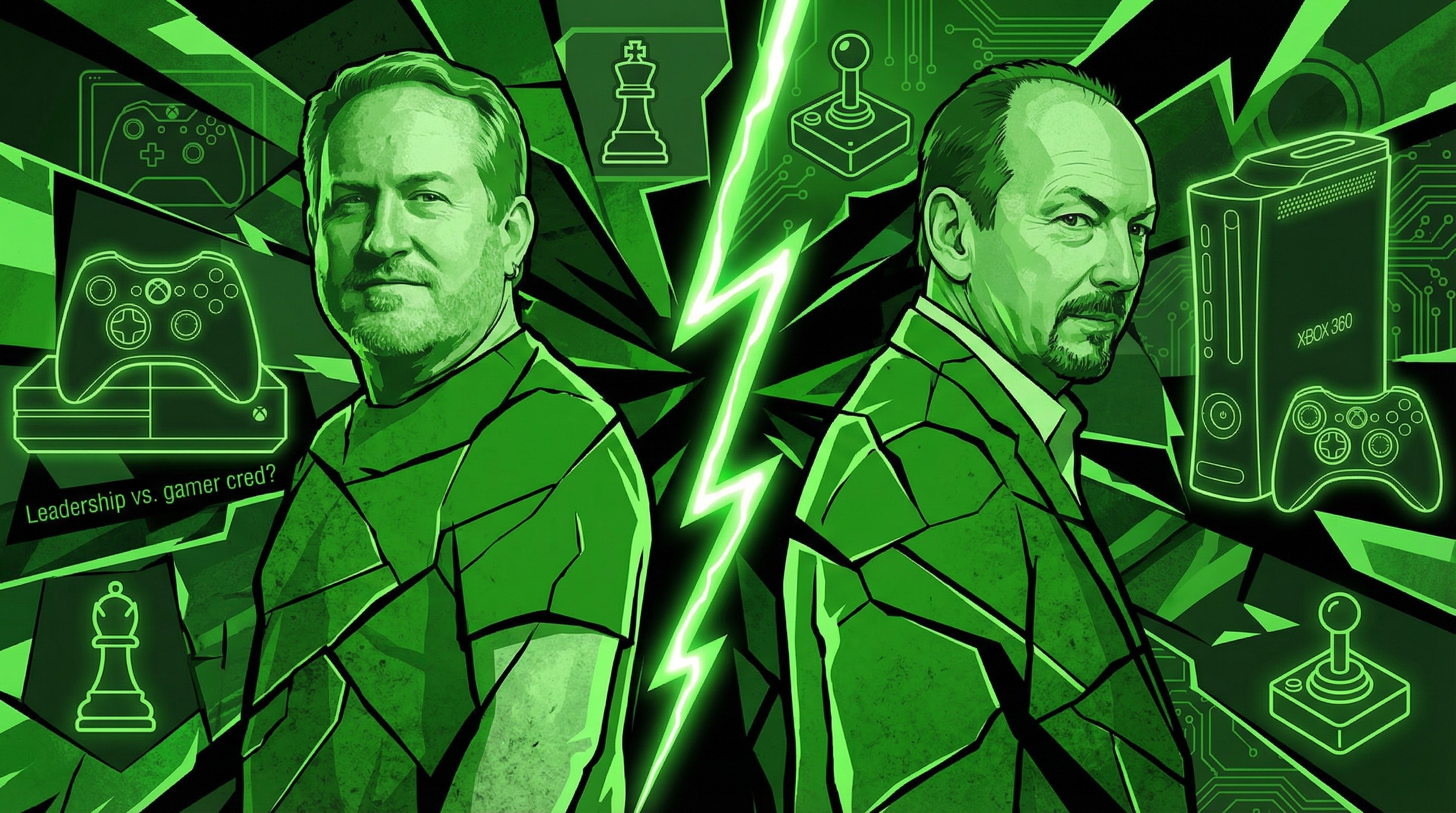Parsec game streaming remotely taps your home PC's power
Parsec delivers strong PC-game streaming tools, with stable remote gaming over the internet.
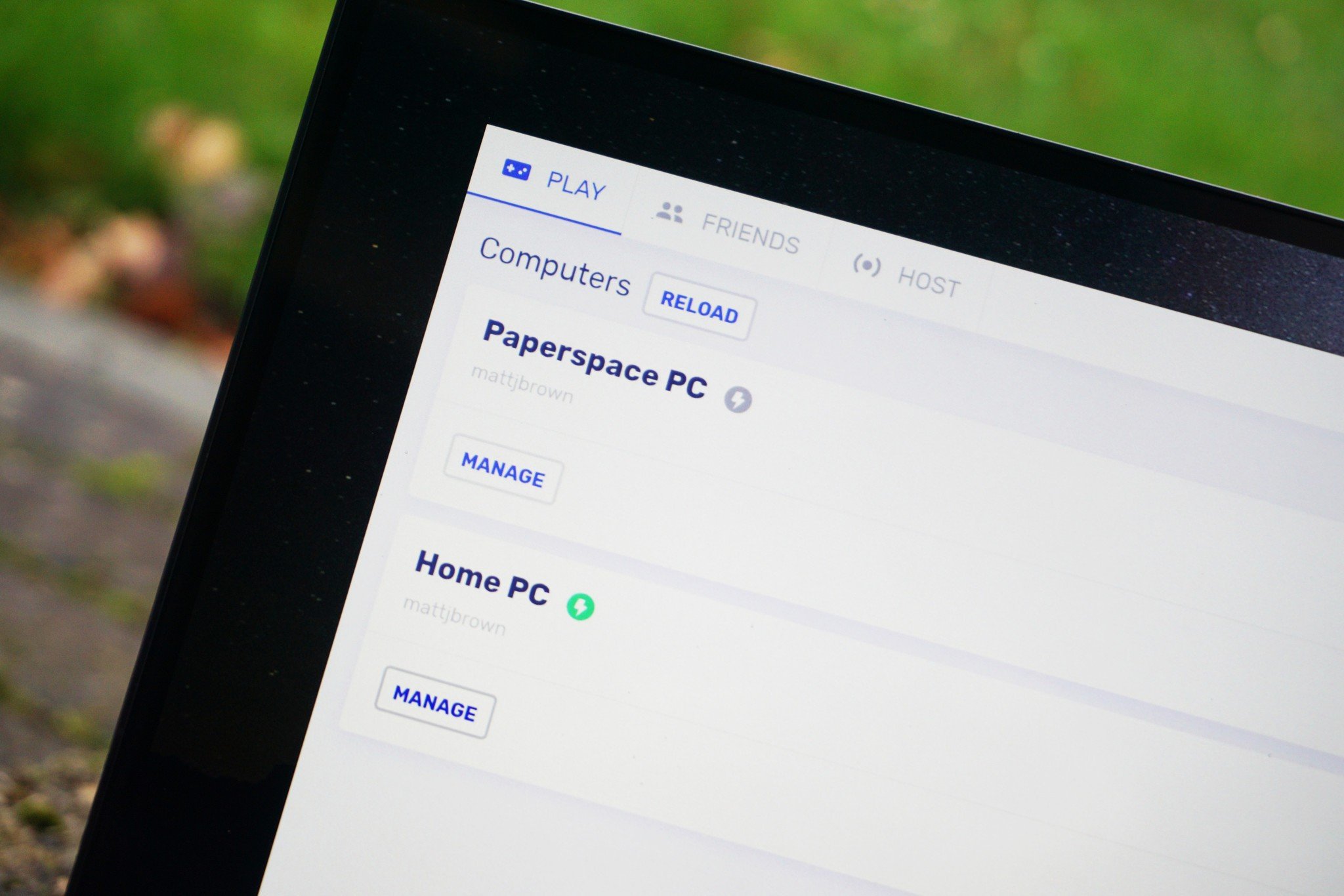
All the latest news, reviews, and guides for Windows and Xbox diehards.
You are now subscribed
Your newsletter sign-up was successful
Earlier this year at CES 2018, HP announced its "Omen Game Stream" service for gaming computers. Expanding the feature set of its Omen line, the service promises a free pre-installed solution for streaming games over the internet to other Windows 10 devices. In theory, this brings the power of your Omen PC and its games library, whenever you go.
Omen Game Stream follows a partnership between HP and Parsec, an established name in the streaming space, and that company is set to share its game streaming technologies. With the infrastructure to deliver both high-quality streaming from personal devices, as well as rentable remote PCs, Parsec provides a glimpse into the potential future of gaming.
Ahead of Omen Game Stream's release, we spent some time with Parsec to see what the technology currently offers.
Take your PC on the go
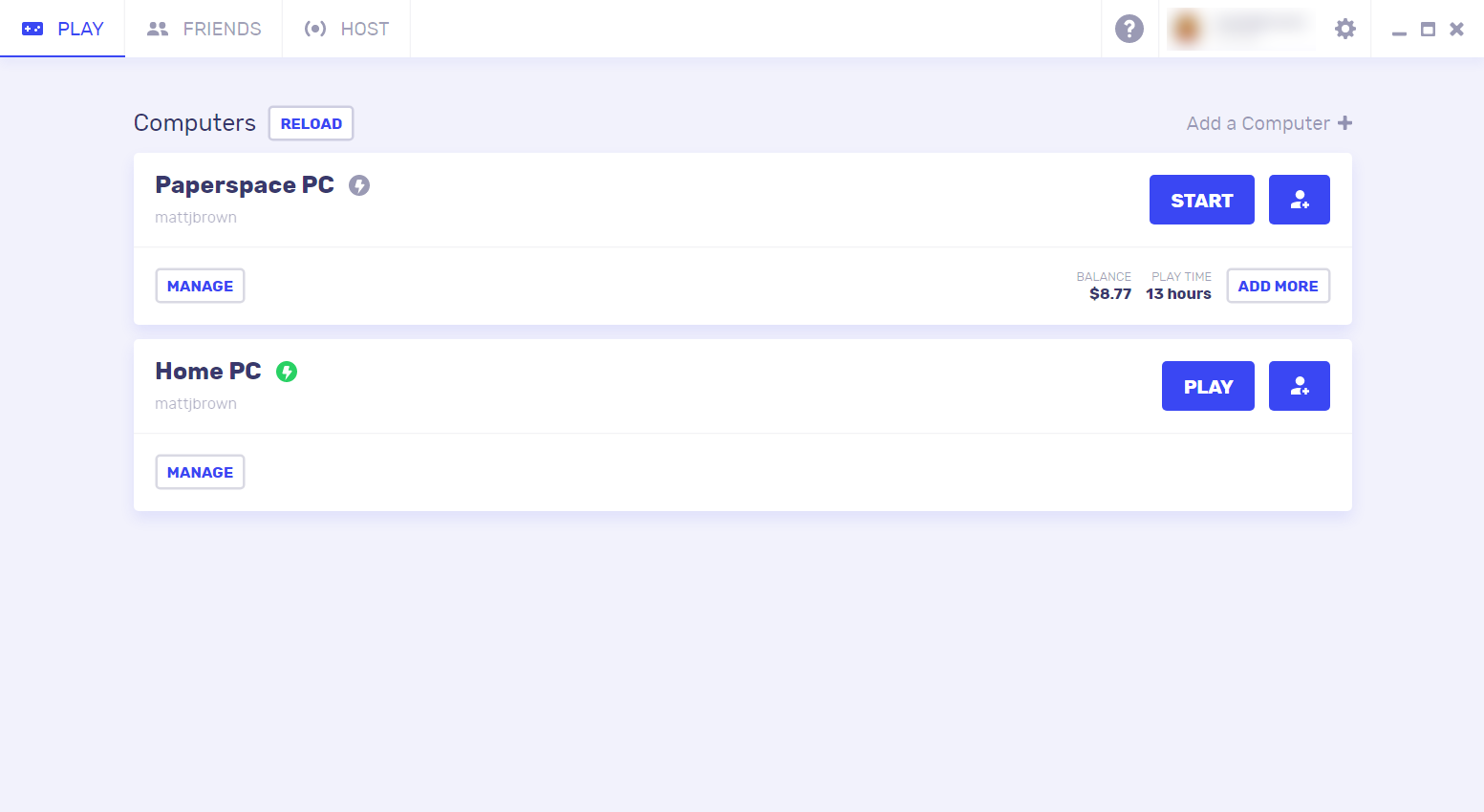
At the core of Parsec's service lies its personal PC streaming capabilities, which provide unrestricted access to your desktop over the internet. Provided there's a stable high-speed connection between the uploading and receiving PC, this delivers a low-latency feed to keep games in a playable state. This aspect of the service only requires a free Parsec account and serves as a great entry point.
Game streaming from your PC is handled via the official Parsec desktop client when hosting games and streaming them. A steady internet connection is understandably recommended, with high-bandwidth wired connections delivering an optimal experience. After a quick installation wizard, you're prompted to enable stream hosting on your PC, linking your desktop to your Parsec account. Going forward, logging into your Parsec account provides a direct line to your PC's processing capabilities, games library and save files.
Tying together Parsec's hosting capabilities are its underlying social features, which allows you to invite friends to access your computer. Whether directly through Parsec's dedicated contacts system or via a shareable link, other Parsec users can request access to your hosting PC. This allows you to share your PC directly with friends and with support for multiple users simultaneously, and it also allows for local multiplayer over the internet.
All the latest news, reviews, and guides for Windows and Xbox diehards.
No hardware, no problem
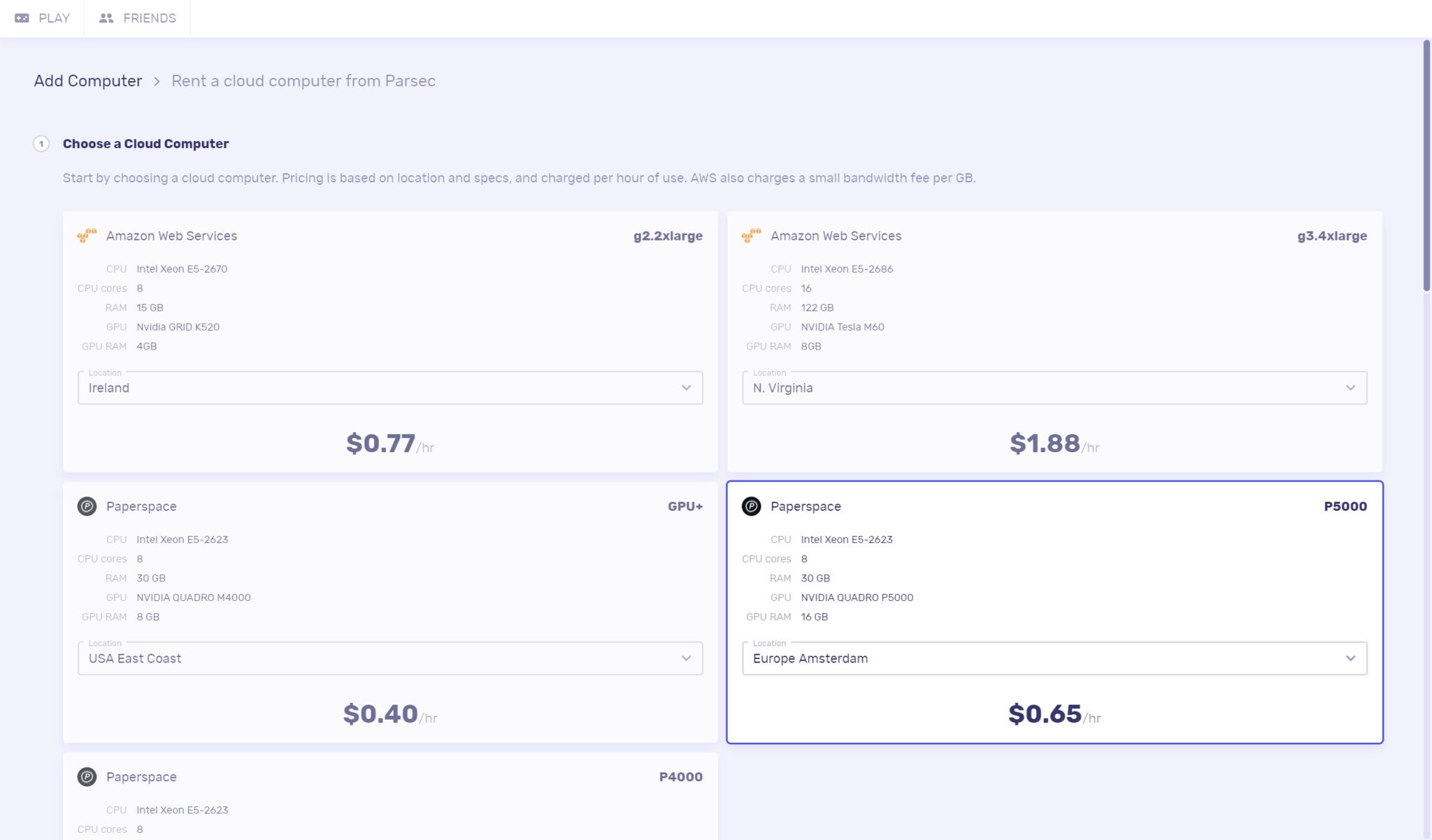
The second major pillar of Parsec is its rentable remote PC offerings, designed for those without a high-end gaming rig. Navigating to the storefront, users are given a range of cloud rigs, hosted by Amazon Web Services and Paperspace. Choice of hardware specifications, available storage, host, and location are all offered, to tailor a remote setup to your preferences.
After renting an allocation of storage, PCs are rented on an hourly basis, with prices fluctuating based on your chosen hardware. Pricing heavily varies based on your choices, currently ranging from $0.40 an hour to $1.88 per hour. At these price points, you'll have a choice of servers utilizing eight-core CPUs, 15GB RAM and 4GB GPUs, to 16-core beasts sporting 122GB RAM and 8GB NVIDIA Tesla GPUs. On top of this, you'll be purchasing cloud storage, which essentially allocates the hard drive space on your virtual PC. Higher-end specs obviously come with a higher-end price tag, though you still won't likely spend more than a few of dollars on an hour of gameplay.
Once logged in through the Parsec client, you gain unrestricted access to a Windows Server 2016 setup, with key gaming applications such as Steam and Blizzard's Battle.net already pre-installed. From there, you can install games and other Windows applications, for use within the virtual environment. Once again, the benefits of a single desktop, multiple-user support, and other Parsec features are offered, however without the need for a high-end PC.
Does Parsec deliver on its promises?
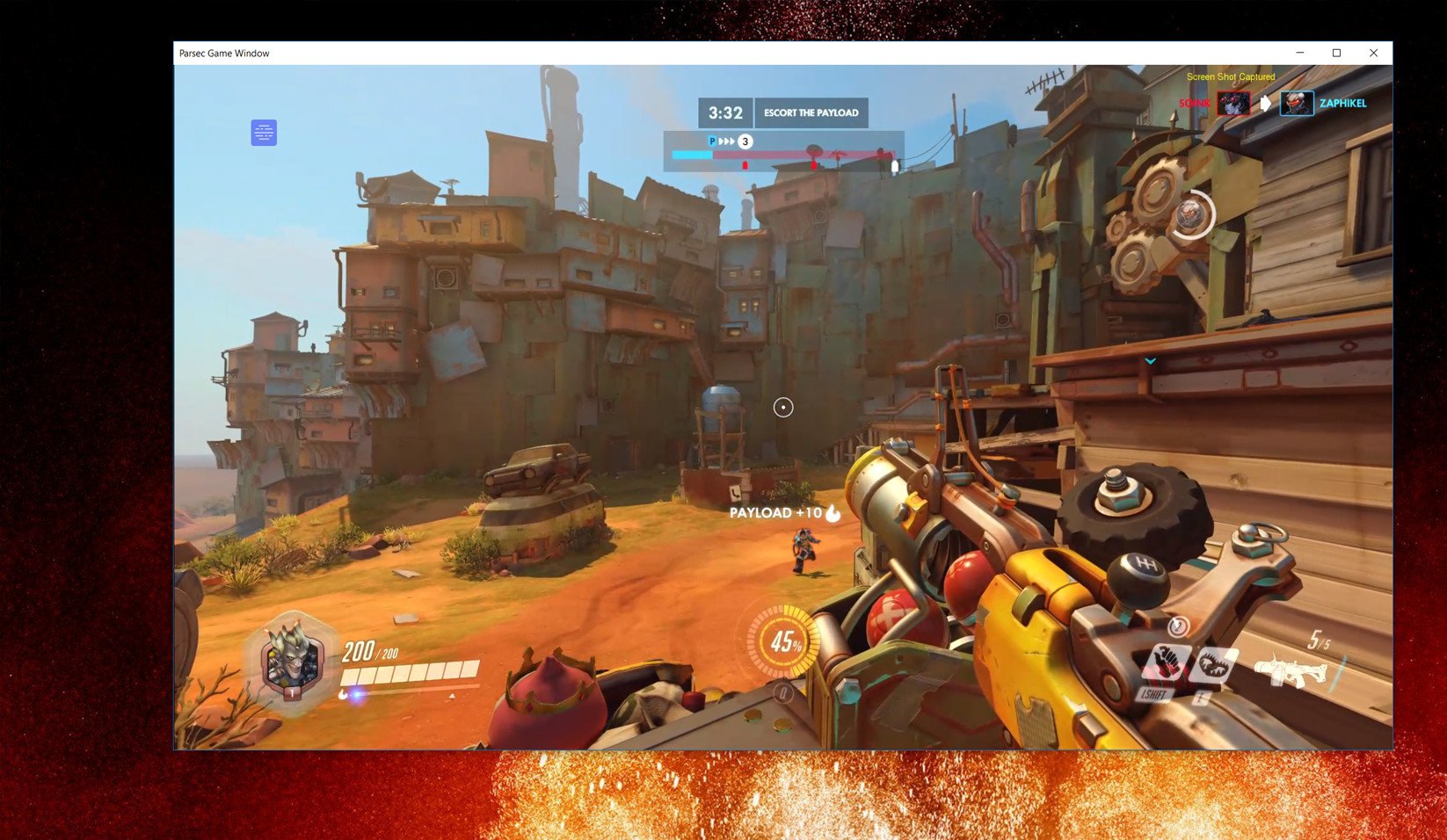
While Parsec's offerings are promising on paper, what matters is how these features perform in the real world. With a sizeable promise of delivering near-instant streaming, the service relies on a huge number of factors, with even the smallest fluctuations being potentially detrimental to the experience. I tested the service across a range of conditions, on connections ranging from 100 Mbps to 1000 Mbps, to get a feel of what Parsec can offer.
Where Parsec shines is its low-latency capabilities, which for the most part delivered a consistent feed on rented PCs and personally hosted desktops. For games that don't rely as heavily on fluid camera controls and quick reflexes, the latency between games is mostly unnoticeable. Side-scrollers, strategy games, and similar titles are often presented without lag. Likewise, navigating menus and simply interacting with your virtual machine is quick and responsive.
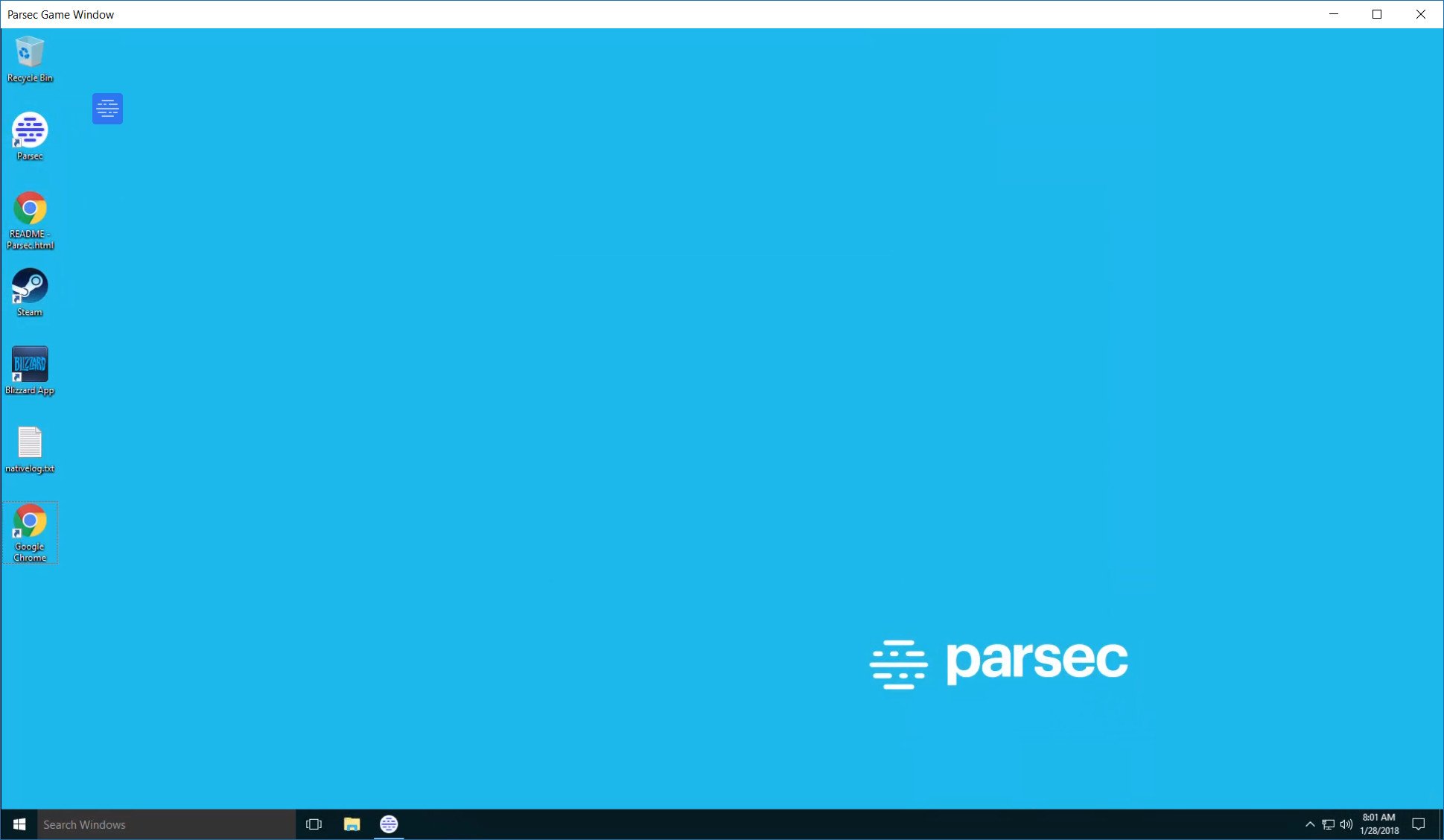
For games that require cutting-edge reflexes, the service delivers a suboptimal experience. In action games and first-person shooters (FPS) such as PlayerUnknown's Battlegrounds and Overwatch, the delay between an input and on-screen response puts you at a clear disadvantage. At times I also found streams hanging for fractions of a second, that while short, still took away from the gaming session.
I also saw mixed results from Parsec's visual clarity, which scales depending on the bandwidth available in real time. The company claims low-latency inputs and streaming are prioritized, followed by framerate and visuals. Although gameplay mostly remains consistent, visual artifacts and other degradation can occur at times.
Final thoughts on Parsec
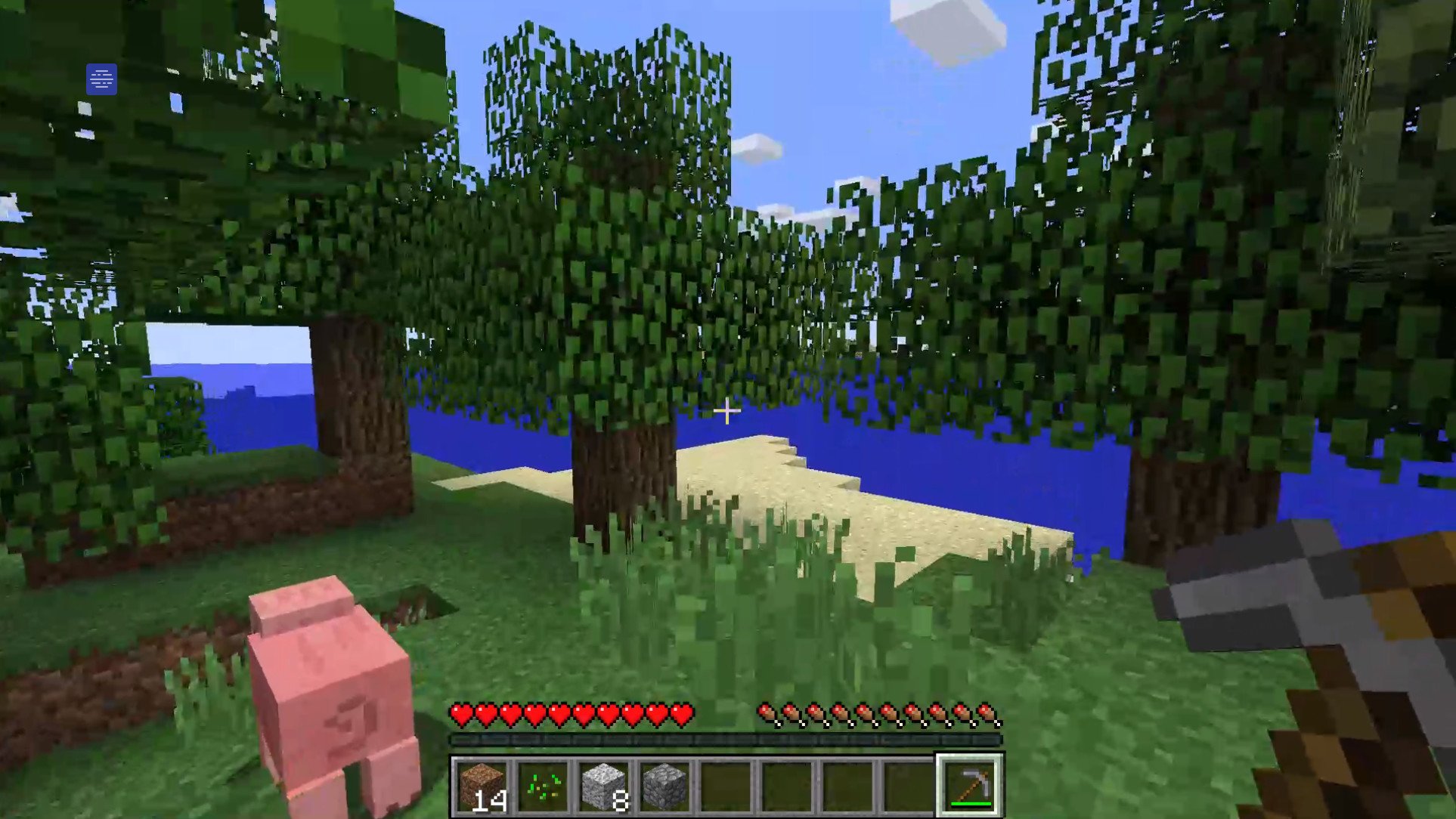
Game streaming is far from a new concept in the industry, with several firms already offering feature-packed Netflix-style services. Sony's "PlayStation Now" offers a strong library of PlayStation 4 titles, while NVIDIA recently debuted its own rival solution with "GeForce NOW." Parsec offers similar services in a much more flexible package, alongside the ability to leverage your existing hardware in the home.
Game streaming looks like the future for some demographics, with significant saving possible. Parsec is among the best game streaming services on the market today, with a range of features that accommodate different players. Parsec could be particularly appealing to a casual audience as the technology scales, but it cannot currently meet the demands of hardcore gamers.
We recommend heading to the official Parsec website and demoing the technology yourself. Game streaming from your desktop is available as a free feature, while rentable PCs are available to purchase with flexible pricing. Make sure to drop into the comments with your thoughts.

Matt Brown was formerly a Windows Central's Senior Editor, Xbox & PC, at Future. Following over seven years of professional consumer technology and gaming coverage, he’s focused on the world of Microsoft's gaming efforts. You can follow him on Twitter @mattjbrown.
